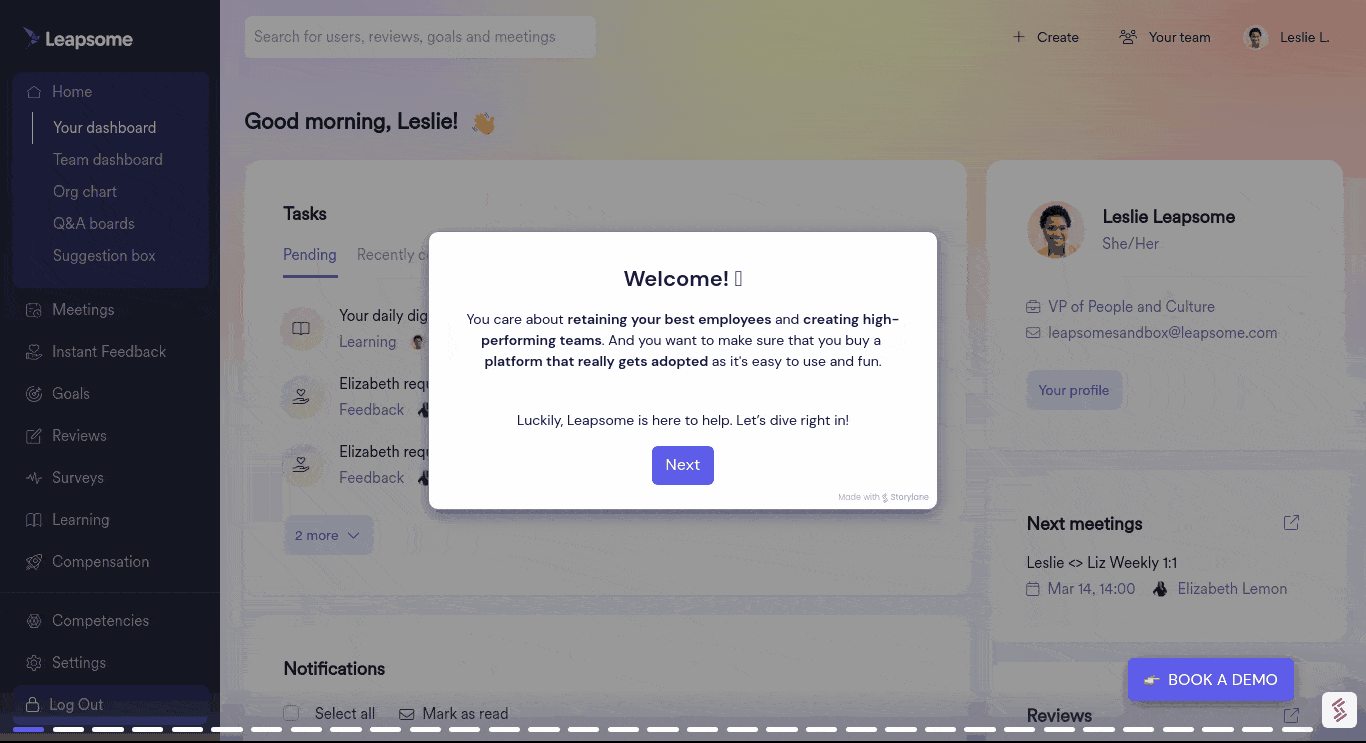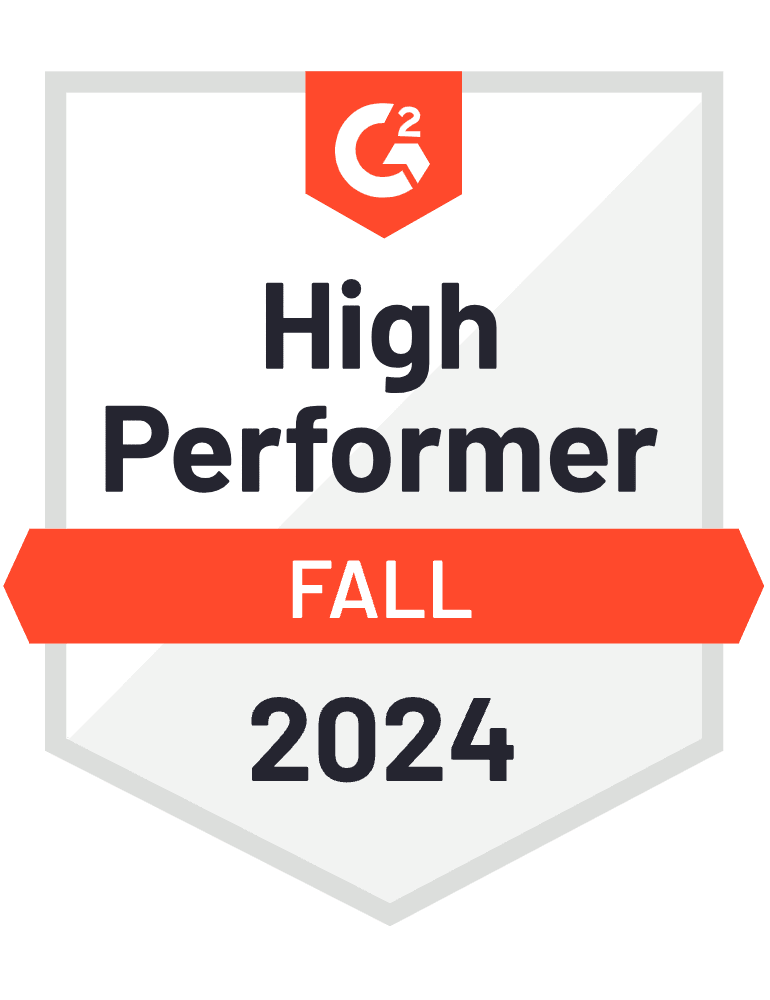“A tech company not investing in its people is like BASF not investing in its chemical plants”

This month we are interviewing Jan Miczaika, partner at HV Holtzbrinck Ventures. He previously founded Hitmeister while pursuing his Ph.D. and then served as COO at Wooga, where he grew the company from 30 to 300 employees.
Jan, when did people development become a priority for you?
People development became a strategic priority for us right after our Series B at Wooga when we were about 40 to 50 people. It had been important before, but with the accelerated growth, it suddenly really mattered. In a gaming company (and in many other companies, for that matter), 80% of the company’s value is its people. At Wooga, we needed to be able to “scale our culture” and invest heavily into our people to be able to grow effectively.
A tech company not investing in its people is like BASF not maintaining its core chemical plants. Every company needs to invest in and maintain its core assets. In a knowledge-driven sector like tech or gaming, people are the core asset.
Employee feedback is the foundation for people development and everyone’s personal and professional growth. Developing a feedback culture is difficult, rarely quantifiable, and not always 100% fair – but critically important.
When do tech companies need to start thinking about feedback & development?
Either age or size determines when feedback and development become a priority. The third year of a company’s life is usually the moment when the startup vibe alone is no longer enough to glue the team together and keep everyone motivated. Similarly, once more than two levels of hierarchy are installed, topics of people development will come up. Employees will want to know how they can develop and proceed to the next level.
This is not a startup thing: Well-led companies of more mature sectors and industries have always focused on people and talent development. People development is now universally becoming a priority in the tech ecosystem as it matures. The current labor market and the increasing difficulty of hiring great talent accelerates this trend.
What three top priorities do companies need to focus on?
Companies need to build up good onboarding processes. Managers must provide and request feedback fast, check in regularly, and consistently evaluate new hires to ensure mutual fit. This prevents costly mistakes and ensures that the right people are permanently hired.
Ongoing feedback is the second priority. The C-Suite needs to ensure that feedback, 1:1s, and development talks are taking place consistently and regularly in the company. This includes that executives receive feedback themselves. Ongoing feedback helps everyone grow and develop.
Engagement surveys are essential to feeling the pulse of a company. They ensure that the C-Suite maintains a good overview of the overall sentiment and that it doesn’t just hear vocal minorities. Based on the survey outcomes, one strategic priority to work on should be defined for the next 6 to 12 months. This ensures that a company consistently improves as an organization.
What’s the ROI of feedback?
I like to compare people development to technical debt. You can ignore technical debt and people development for a while, but eventually, it will land on your feet, and it might be a real mess to clean t up.
Speaking more positively: The ROI of people development is a more productive and motivated team. Good people development leverages a company’s people and drives revenues and growth. As I said before, people are always a core asset, especially in knowledge-driven companies in the tech sector.
Ready to upgrade your people enablement strategy?
Explore our performance reviews, goals & OKRs, engagement surveys, onboarding and more.
.webp)
.webp)
 Request a Demo Today
Request a Demo Today






.png)

















